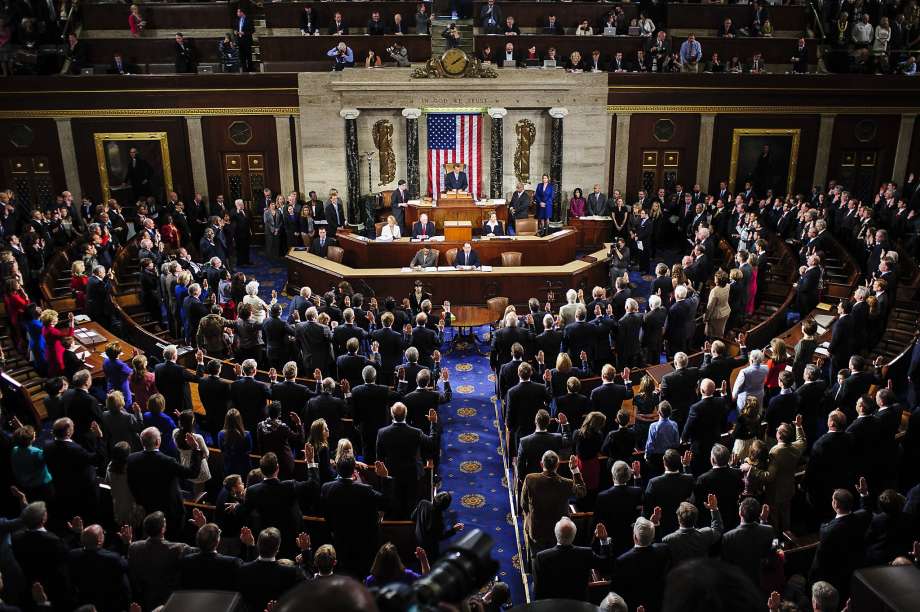Director
Siddharth Shende
Siddharth Shende is a current junior at Tesla STEM High School in Redmond, Washington, USA. Outside of this conference, he has been to 18 conferences as a staff, delegate, and secretariat - and has won numerous awards, over his 3 years of MUN. Outside of MUN, he is very interested in Future Business Leaders of America (FBLA), and numerous entrepreneurship startup programs. He is very involved in service projects and caring for the environment, he is part of the Schools Under 2 C foundation at his school and is involved in his local cities youth council. For fun, he loves to watch movies and listen to music, and explore Netflix's catalog. Interested in the application of his leadership and team-working skills, Siddharth Shende is super excited to be a part of the 2019 PacificMUN Staff.




